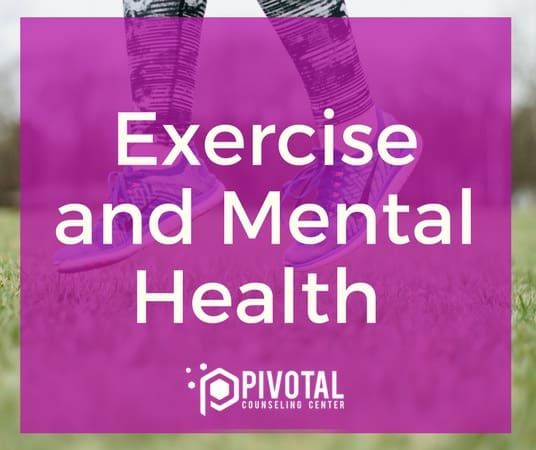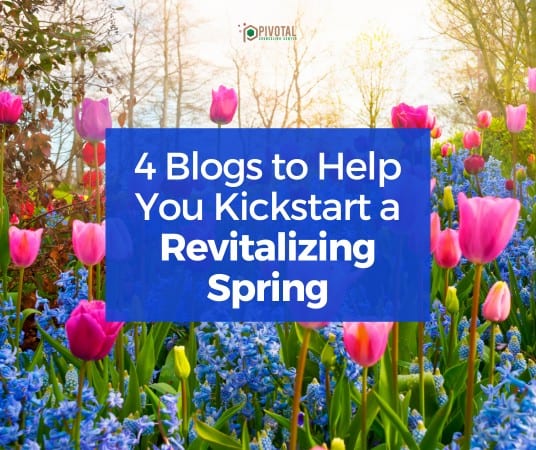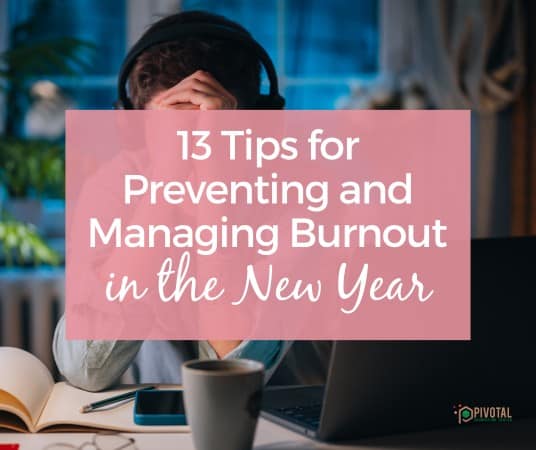
As more professionals speak out, more techniques to better prioritize your mental
health come out as well. A
great option for making sure that you keep your overall health as a priority in your life is exercise. Not only
is it great for helping deal with all sorts of physical health concerns, but keeping your mental health in check
as well.
The mechanics of the brain and exercise:
When you exercise – be it yoga, running, swimming or walking – your brain releases serotonin and dopamine,
which are two hormones that are linked to happiness and relaxation. Additionally, when you exercise, your heart
rate goes up, and that is essential for increasing blood flow to the brain, which is great for your brain’s
overall health. Exercise isn’t just for the body in terms of your legs and arms, it’s for your brain and mind,
too!
Distraction from problems:
When you go for a walk or a run, you are focusing on nature and the fresh
air, all of the things that you’re seeing and sensing. It gets you “out of your head” for 30 minutes and when
the time comes to finish the exercise, you’re in a better emotional and mental space, which allows you to
solve your problems faster and easier.
Improving self-esteem:
Working out means that you’ll be toning your body and doing a productive thing
with your time. This leads to improved self-esteem, which will give you a better quality of life, especially
in terms of your mental health. Just a simple jog around the block is enough to really boost that self-esteem
to the next level.
Improving sleep quality:
Since you are moving physically and enjoying the fresh air, you’ll find that
your sleep habits will improve greatly. Your body and mind will be nicely tired, which will give you better,
quality sleep, and sleep is vital for your mental health. A well-rested mind is a healthy mind, after all.
Improvements in those dealing with anxiety and depression:
If you are living specifically with
anxiety or depression, you’ll find that the common symptoms of muscle tension, fatigue, lack of focus, and
decreased motivation, will be a lot lower with exercise. Exercise improves overall mood, which decreases
sadness, and therefore makes people feel better. This is what makes exercise such a powerful tool for better
mental health.
Making social connections:
Whether it’s a walking group, a jogging buddy, or a yoga class, when you
start exercising with people around you, it’s an easy way to make simple but meaningful social connections to
the world around us. The great thing with exercise groups is that the relationships are superficial and don’t
need a lot of time investment, but it feels great to be a part of something.
Mindfulness and exercise:
When you are looking at benefiting your mental health specifically through exercise, mindfulness is a great
thing to try. This comes from something like gentle yoga and breathing exercises. The goal is to clear your mind
and focus on your breathing (or the position that you’re holding) and allow your mind to “reset” itself in terms
of your mood and attitude. Tai Chi, yoga, and breathing exercises are all great examples that allow you to be
aware of yourself, and your life, but still rest your mind and use this time to be working on productive
exercise.
Signs that you should try this for yourself:
If you’re thinking “Oh, that sounds fine, but I don’t need to worry about that for me”, you certainly aren’t
alone. Remember, however, that your mental health is going to greatly benefit from exercise even if you don’t
feel that you particularly need the help right now. Common signs that your mental health could use some
prioritizing include insomnia or broken sleep, lack of appetite, muscle pain or tension, irritability and more.
Most mental health professionals have seen great improvement in the people they work with when they start
simple exercises into their daily life. If exercise seems like a daunting task, then just start with going for a
walk around your neighborhood. Getting 15-20 minutes of leisurely walking into your routine will help. Like most
of us, accountability and consistency are issues with exercise. If you know this to be true, then I challenge
you to compare a week with exercise and a week without exercise. If we realize that simple exercise improves our
ability to sleep, increases our energy level, improves our digestion, improves our lung capacity, and makes us
feel a sense of accomplishment then it helps us remain dedicated to it. You can do it, as long as you convince
yourself you are worth it!
Pivotal Counseling Center has therapists with a variety of specialties. We have locations in Woodstock, Illinois, and Lake in the Hills, Illinois. If you are in need of someone to help, please consider giving us a call at (815) 345-3400.
Pivotal Counseling Center is now accepting Medicaid including Blue Cross Community Medicaid, Meridian Medicaid, and Molina Medicaid for outpatient counseling.









